15 Things That Will Completely Disappear With Boomers
Ever look around your home or visit your parents’ place and spot things that just don’t seem to fit in with today’s world? The Baby Boomer generation grew up with a lot of habits and objects that are slowly vanishing. You might find yourself wondering what’s next to go and what will take its place.
Let’s take a look at some of the things that are fading away as Boomers get older. You might be surprised at how much everyday life is changing.
Home landline phones
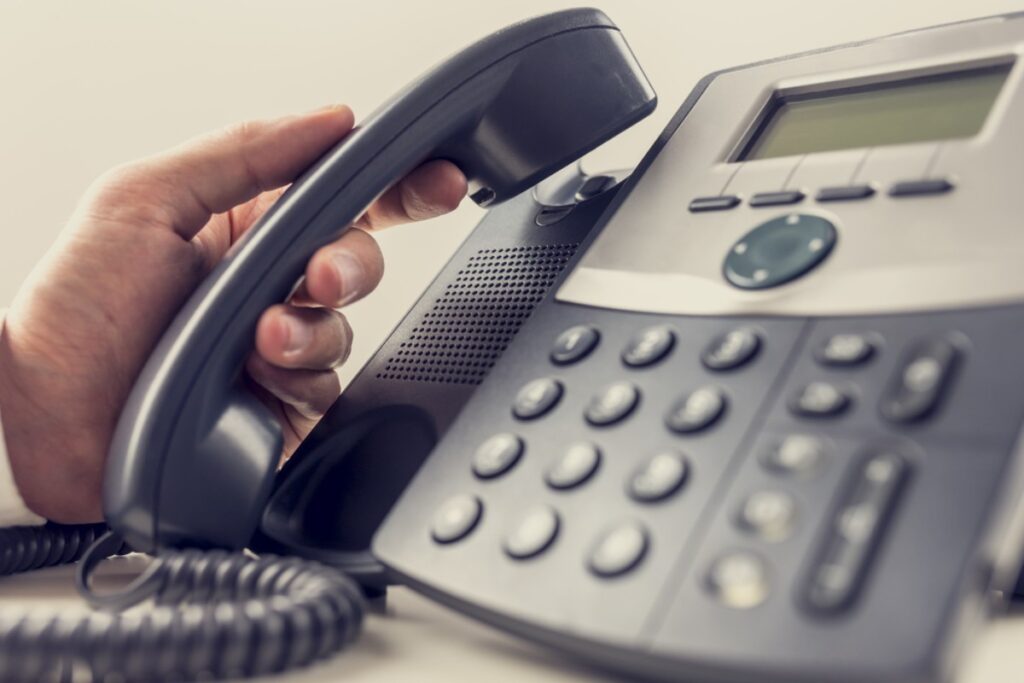
Think back to the days when the phone rang and everyone raced to answer it. Landline phones, with their cords and chunky buttons, used to be in almost every home.
Now, most people rely on their mobile phones for everything. Landlines are becoming rare, especially among younger generations.
For Boomers, these phones bring back memories of simpler times. But as technology pushes forward, home landlines are quietly slipping away.
If you still have a landline, you probably notice it rings less often. The way we communicate keeps changing, and landlines are slowly disappearing from daily life.
China cabinet sets

Walk into a Boomer’s dining room, and you might spot a big china cabinet filled with fancy plates and dishes. These sets were often treasured wedding gifts or family heirlooms.
For many, these dishes represent family traditions and gatherings. They usually only come out for holidays or special occasions.
Younger people aren’t as interested in keeping or using these cabinets. The trend now is for practical, everyday items that don’t take up so much space.
As time goes on, china cabinets and their collections are likely to be packed away or given away. The focus is shifting to more casual living and dining.
Formal dining traditions

Setting the table with fine china, matching silverware, and crisp linens used to be a big deal for family dinners. Formal dining was a sign of respect and care.
Today, most people prefer casual meals and dishes that are easy to clean. The idea of a formal dinner party with strict etiquette feels outdated to many.
You’re more likely to see relaxed gatherings where comfort matters more than tradition. The way we celebrate and eat together is changing fast.
Cable TV subscriptions

Remember flipping through hundreds of channels and still not finding anything to watch? Cable TV was once the main way to catch your favorite shows.
Now, streaming services offer more options for less money. Younger generations are quick to cut the cord and switch to platforms like Netflix or Hulu.
Cable subscriptions are expensive and less convenient. As Boomers move on, fewer people will stick with cable.
Streaming is easier and lets you watch what you want, when you want. Cable TV is slowly becoming a thing of the past.
Printed photo albums
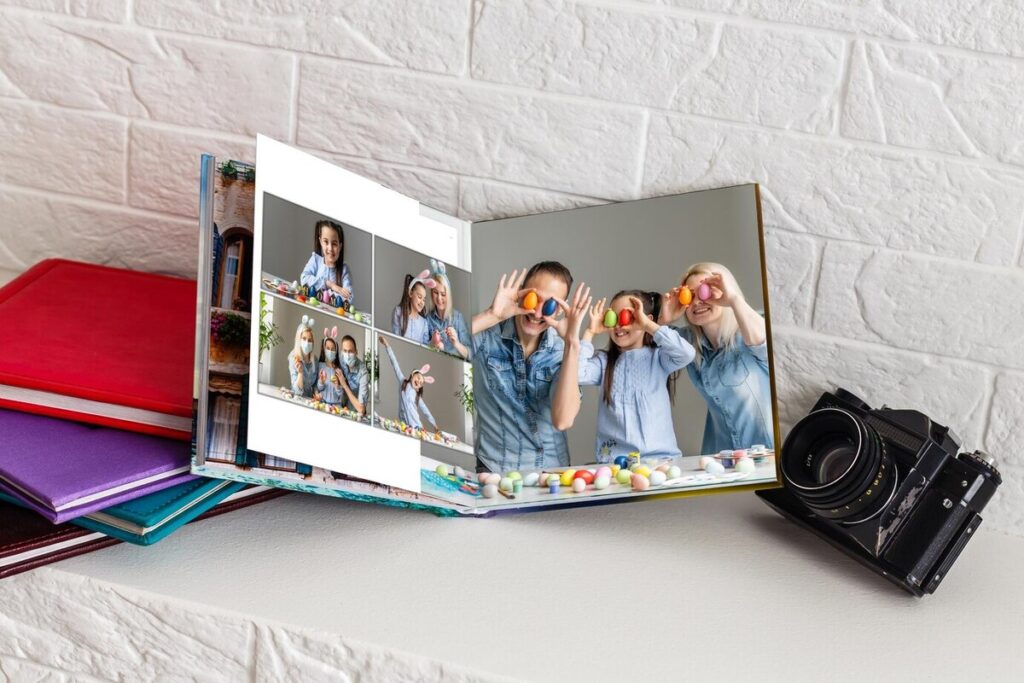
There was a time when flipping through a photo album was the best way to relive memories. Boomers often spent hours organizing their printed photos.
Taking pictures meant developing film and waiting to see how they turned out. Albums were proudly displayed for family and friends.
Now, almost all our photos live on phones or in the cloud. Printed albums are becoming a rare sight.
Younger people mostly keep digital memories. Once Boomers are gone, those big photo albums might only be found in storage boxes.
Physical checks

Writing a check used to be a normal part of paying bills or shopping. Boomers learned to balance checkbooks and mail payments.
Today, online banking and mobile apps make sending money quick and easy. Many people never even learn how to write a check.
Physical checks are fading fast as digital payments become the standard. If you still use a checkbook, you’re part of a shrinking group.
Soon, checks will be mostly a memory, replaced by faster and simpler ways to pay.
Mail-order catalogs
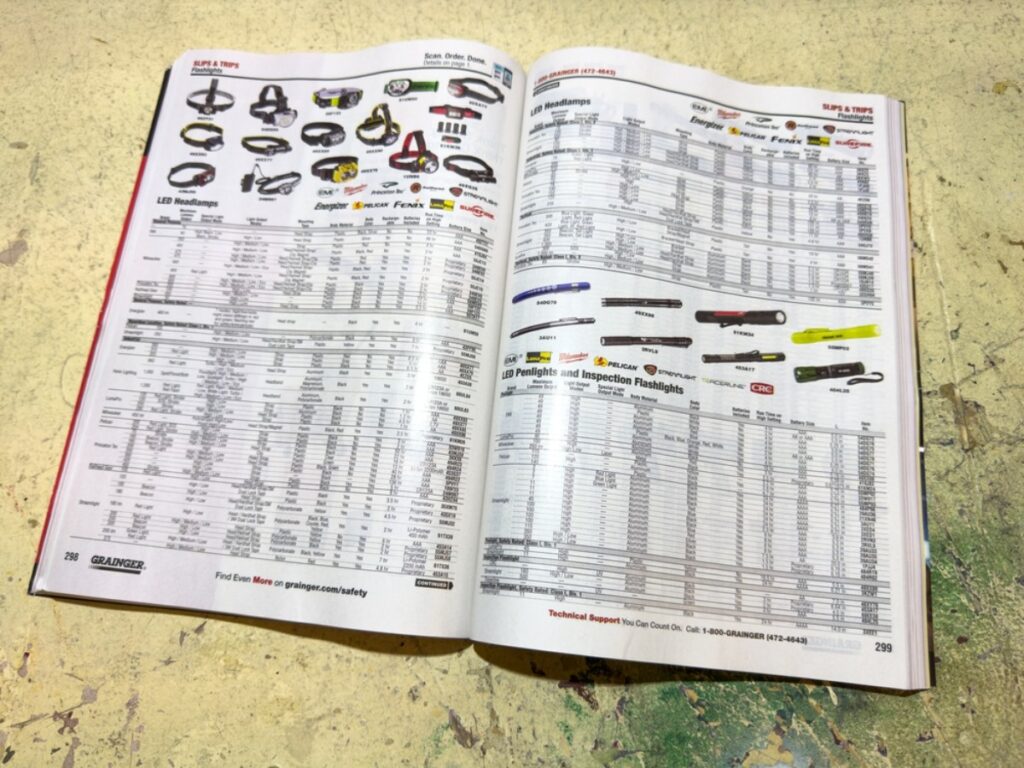
There was something exciting about getting a thick catalog in the mail and circling what you wanted. Mail-order shopping was a big deal for Boomers.
Now, you can find anything you want online with just a few clicks. Waiting for a catalog and mailing in an order feels slow and old-fashioned.
Some companies still send catalogs, but mostly for older customers. Younger shoppers prefer the speed and variety of online stores.
Mail-order catalogs are quickly disappearing as shopping habits change.
Handwritten letters

A handwritten letter used to mean someone really cared. Boomers grew up writing and receiving personal notes from friends and family.
Getting a letter in the mail felt special and thoughtful. It took time and effort, making the message more meaningful.
Today, texts and emails have taken over. Most people rarely write or receive letters by hand.
As Boomers age, handwritten letters are becoming rare. You might miss the feeling of opening a personal note someday.
VHS tapes
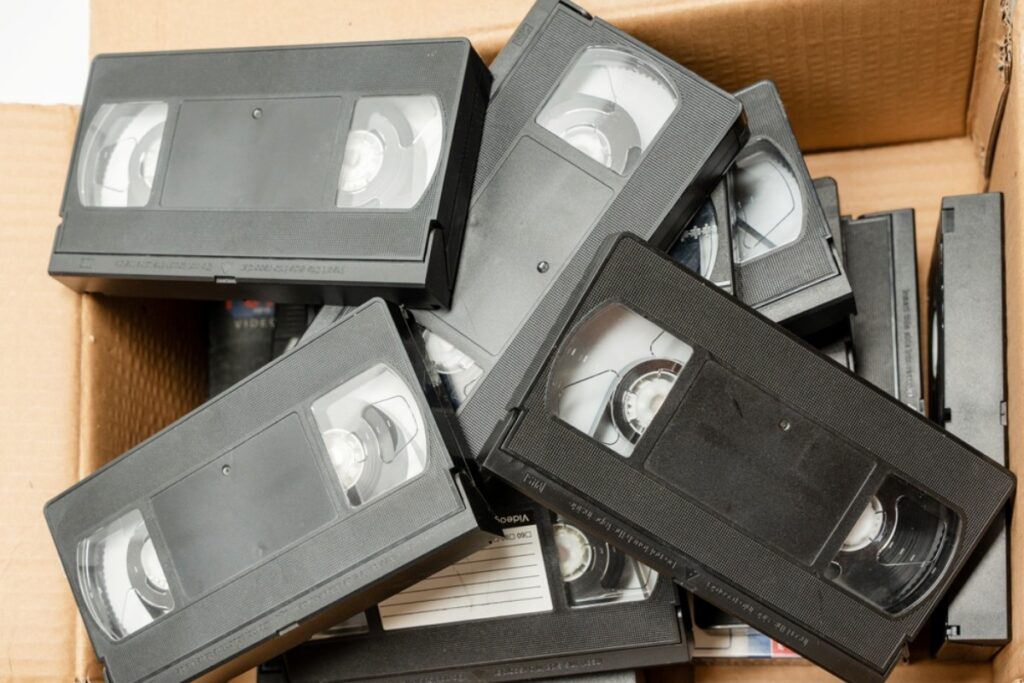
The sound of a VHS tape rewinding brings back memories of movie nights and home videos. These tapes were once the best way to watch and record shows.
Even if you don’t have a working VCR, you might still keep old tapes for nostalgia. They hold family memories and favorite films.
VHS tapes have been replaced by DVDs, streaming, and digital files. Younger people may not even know what they are.
As the years go by, VHS tapes are quietly vanishing from homes everywhere.
Floppy disks
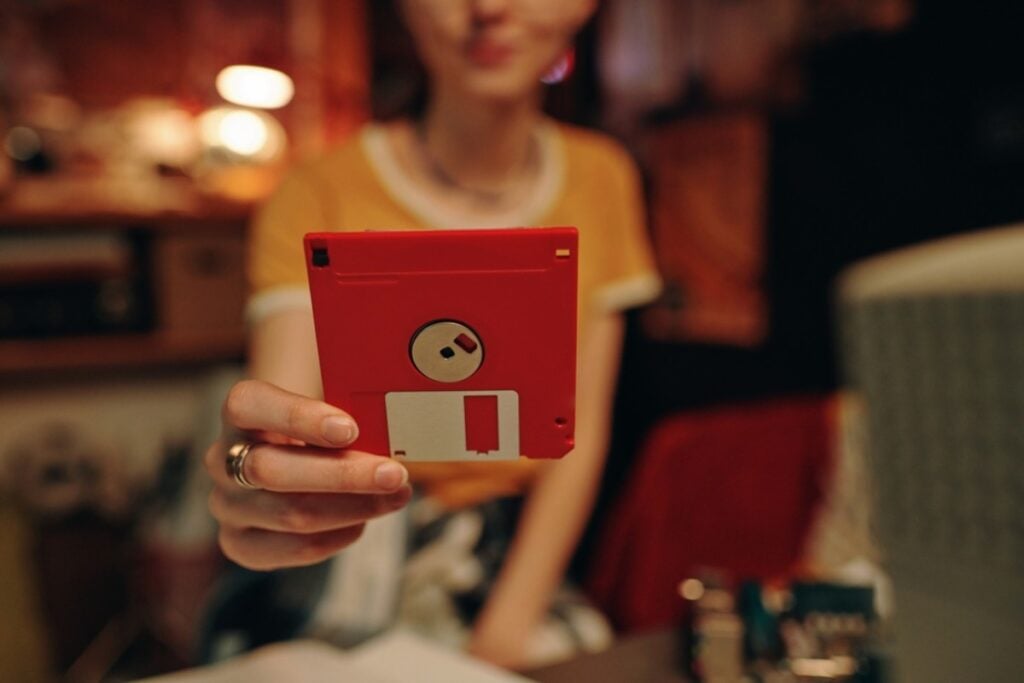
Floppy disks once held important files and school projects. You might remember saving work on these little plastic squares.
Today, most computers can’t even read floppy disks. Storage is now faster and holds much more data.
If you still have floppy disks, they’re probably tucked away as keepsakes. Digital storage keeps improving, making floppies a thing of the past.
Role-playing board games
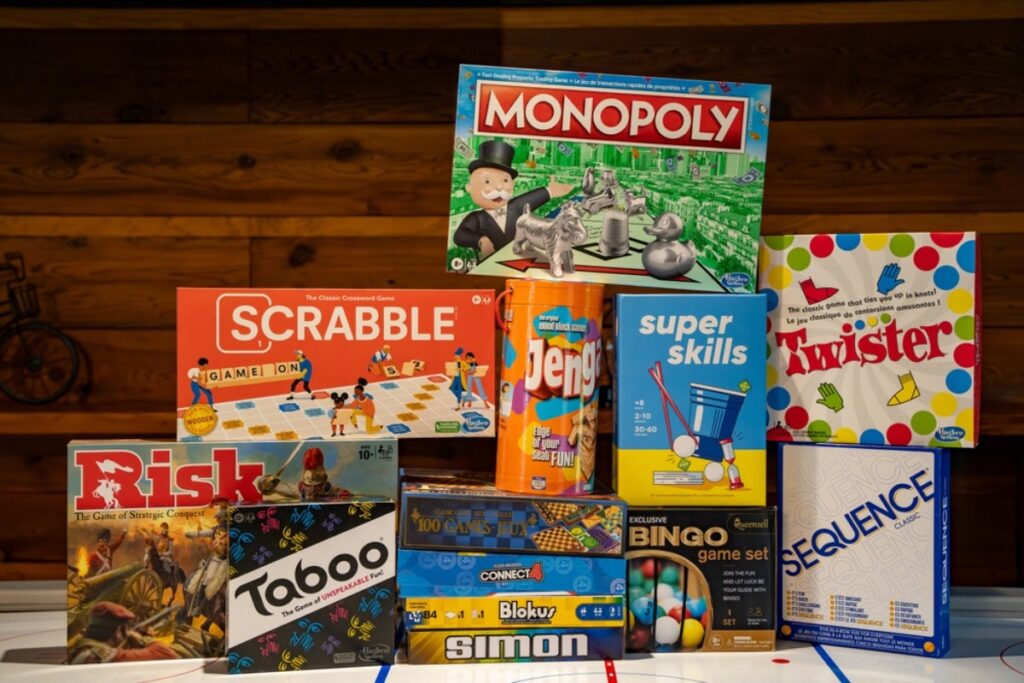
Gathering around the table for a night of role-playing board games was once a favorite way to spend time. These games brought stories to life and created lasting memories.
Technology and video games have changed how people play together. Many now prefer digital games over traditional board games.
Classic role-playing games require time, imagination, and a group willing to play for hours. Fewer people are interested in that kind of experience.
Some games are fading away as Boomers age. If you still enjoy them, you know how unique those game nights can be.
Drive-in movie theaters

Drive-in theaters were a fun way to watch movies with friends or family. Sitting in your car under the stars made for a memorable night out.
Streaming services and modern theaters have made drive-ins less popular. It’s easier to watch movies at home or in more comfortable theaters now.
Drive-ins face challenges like high costs and fewer locations. Some still survive with special events or classic films, but they’re getting harder to find.
If you ever visit a drive-in, it’s like stepping back in time. It’s a piece of the past that’s slowly disappearing.
Spam calls targeting Boomers
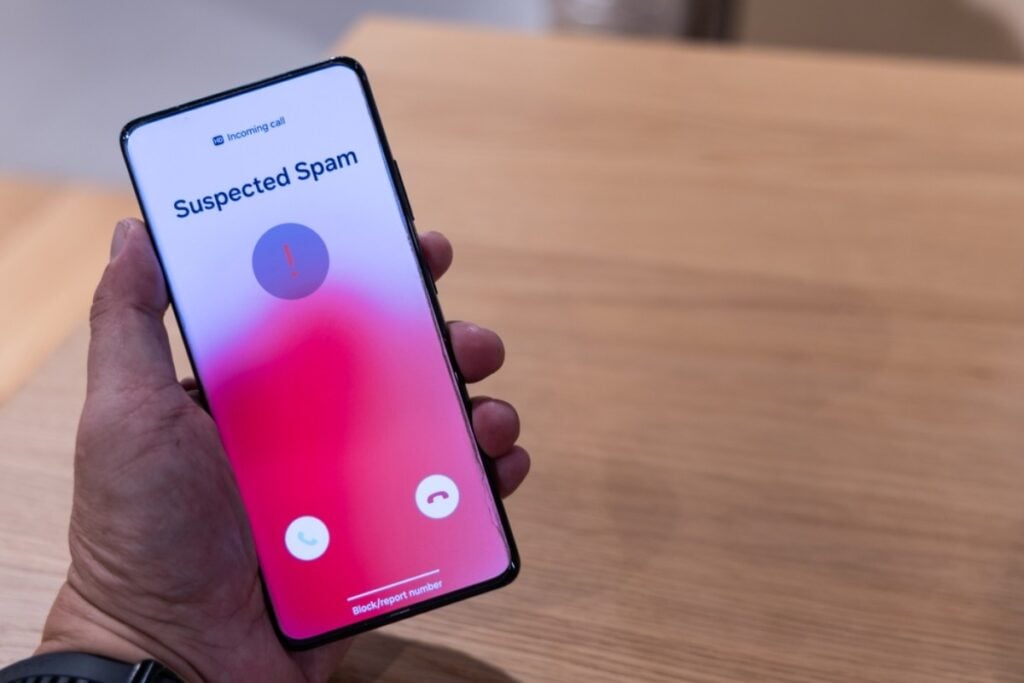
Spam calls often target Boomers because scammers think they’re more likely to pick up and trust unknown numbers. These calls can be tricky and use fake stories to get personal information.
It’s important to stay cautious and not share details with strangers over the phone. Scammers are always looking for easy targets.
As Boomers age, the number of spam calls may drop. Still, everyone should be careful with unknown callers.
If a call feels off, it’s fine to hang up and protect your information. Staying alert helps keep scammers at bay.
Paper newspapers

Some of us remember the comforting smell of a fresh newspaper in the morning. For many Boomers, reading the news on paper was a daily ritual.
This simple routine connected people to their neighbors and the world beyond. It was more than just catching up on headlines.
These days, it’s rare to see paper newspapers delivered to doorsteps. Most folks scroll through news on their phones or computers instead.
Stacks of newspapers at the breakfast table have mostly disappeared. Rising costs and changing habits have led many companies to stop printing paper editions.
If you still enjoy flipping through a physical newspaper, you might notice it’s not as common as it used to be. Younger generations tend to prefer fast digital updates.
Paper newspapers bring back memories for a lot of Boomers. They remind us of a time when news felt slower and more personal.
Rotary dial phones
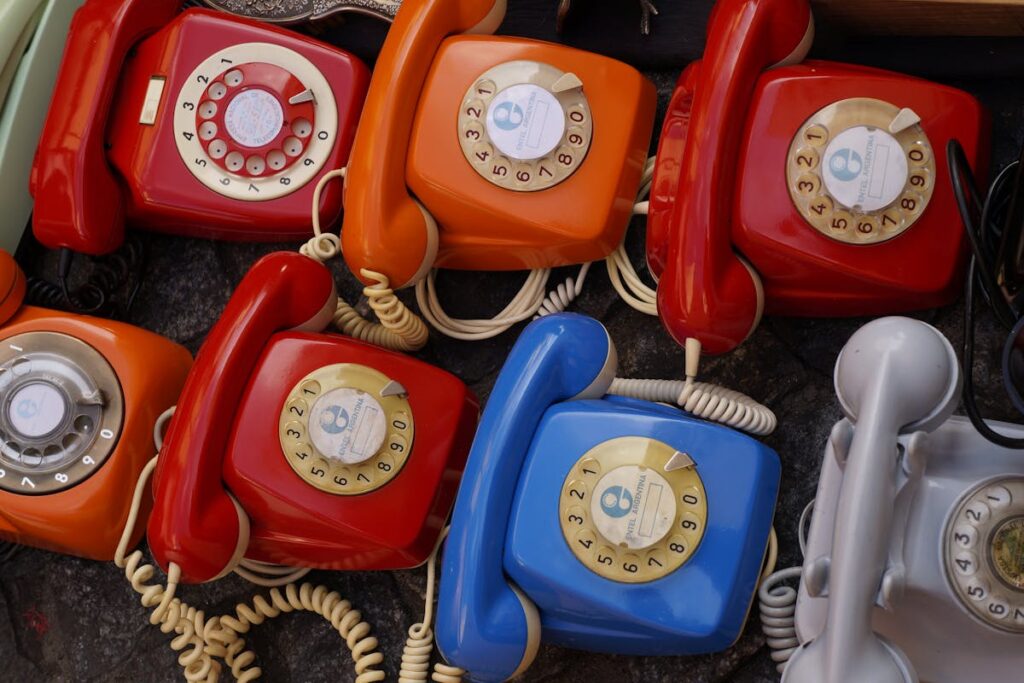
Some of us still remember the days when making a phone call meant using a rotary dial phone. Instead of tapping a screen, you had to turn a dial for each number.
It could feel like it took forever, especially if you had to call someone with a lot of nines or zeros in their number. Waiting for the dial to spin back was just part of the process.
There was no speed dial, no caller ID, and definitely no texting. Every call felt intentional, and you had to be patient.
These days, most people have never even seen a rotary phone outside of a movie or a thrift store. Smartphones have changed the way we connect, making rotary phones feel like a relic from another world.
Still, thinking back to those old phones can bring up memories of quieter evenings and family conversations in the kitchen. They were more than just a way to talk—they were part of daily life at home.







